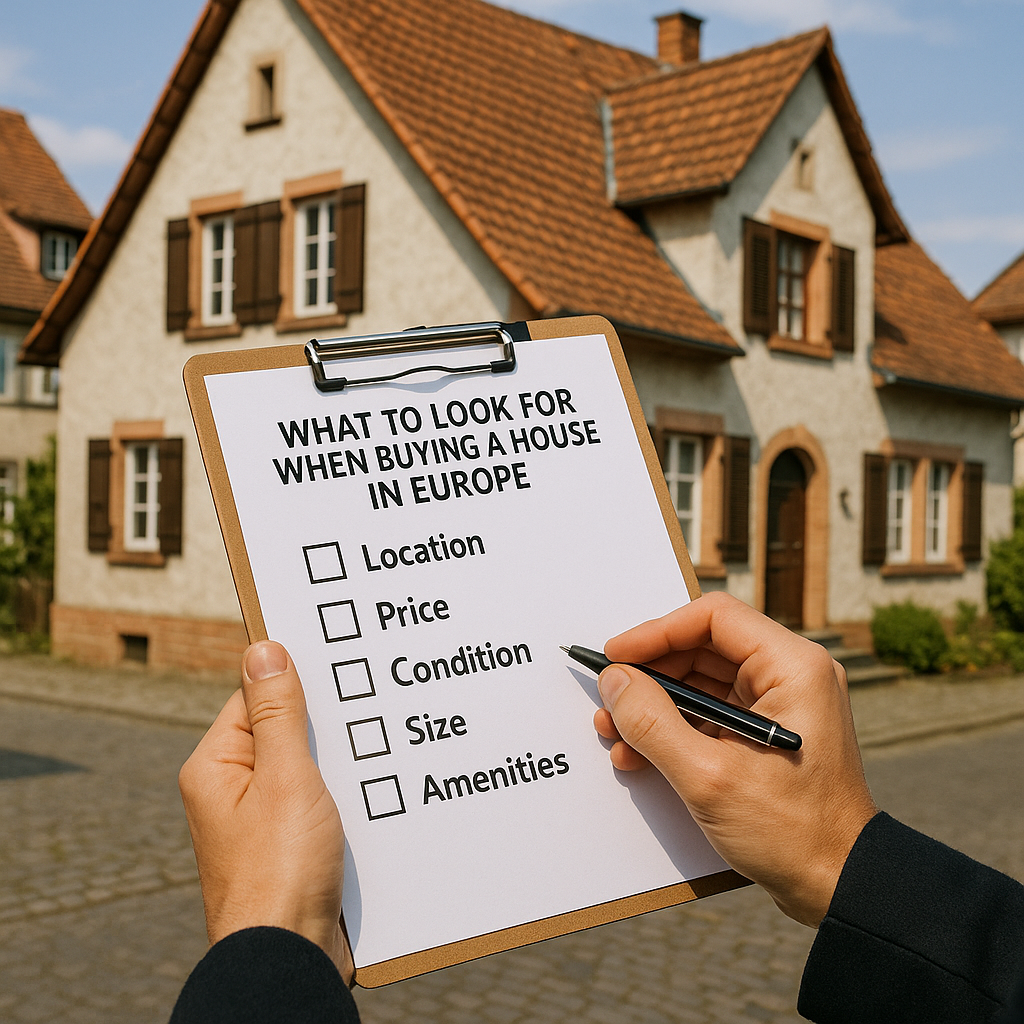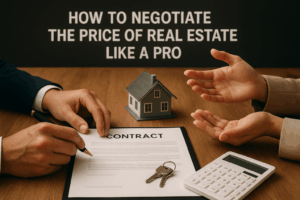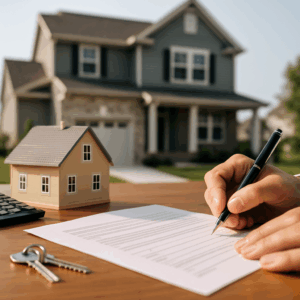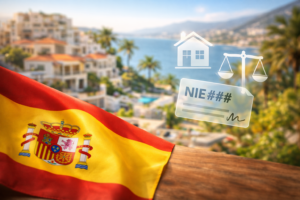What to Look for When Buying a House in Europe
April 21, 2025
Buying property abroad is a dream for many, and Europe is one of the most desirable regions in the world to invest in real estate. With its rich history, diverse cultures, and beautiful landscapes—from the sun-kissed coastlines of Spain to the Alpine chalets in Switzerland—Europe offers a wide range of real estate opportunities. But what should you look for when buying a house in Europe?
This comprehensive guide covers all the key factors, hidden details, and insider tips for property buyers in Europe. Whether you’re a first-time buyer, investor, or planning to retire abroad, read on to make a well-informed and profitable decision.
What to Look for When Buying a House in Europe
ToggleUnderstanding the European Real Estate Market
Europe isn’t a single real estate market; it’s a patchwork of national markets, each with its own laws, taxes, and trends.
Popular Countries for Property Investment
Some of the most popular destinations include:
-
Spain: Affordable coastal homes and favorable expat policies
-
Portugal: Attractive Golden Visa programs and low property prices
-
France: Romantic countryside homes and investment in Parisian apartments
-
Italy: Historic villas, particularly in Tuscany and Sicily
-
Germany: Strong economy and stable property prices
-
Greece: Budget-friendly seaside homes and citizenship incentives
Market Trends to Watch
-
Rising demand for rural homes post-pandemic
-
Short-term rental profitability in tourist hotspots
-
Increasing interest in eco-friendly and sustainable homes
🔍 Pro Tip: Use online platforms like Idealista, Green-Acres, or Kyero to track current listings and compare property values across regions.
Key Factors to Consider When Buying a House in Europe
Legal Requirements and Residency
One of the most critical things to check is whether foreigners are allowed to buy property and under what conditions.
Things to look for:
-
Residency or visa requirements (especially post-Brexit for UK buyers)
-
National laws regarding property ownership by non-EU citizens
-
Need for a local notary or legal representative
-
Property inheritance laws in the specific country
Cost of Living and Taxes
Aside from the purchase price, consider:
-
Property taxes
-
Annual maintenance costs
-
Utility bills (electricity, water, internet)
-
Local cost of living index
For example, living in Bulgaria or Hungary can be significantly cheaper than in Sweden or the Netherlands.
Location, Location, Location!
The golden rule of real estate applies globally, but especially so in Europe, where cultural, economic, and climate differences vary widely across short distances.
Urban vs. Rural
Urban areas like Berlin, Barcelona, or Amsterdam offer:
-
Better connectivity
-
Strong rental demand
-
More stable resale value
Rural areas provide:
-
Lower prices
-
Scenic beauty
-
Larger land plots
🌍 Low-frequency keywords like affordable countryside homes in Europe or cheap properties in Eastern Europe can help you find hidden gems.
Proximity to Amenities and Infrastructure
Check for:
-
Public transport accessibility
-
Hospitals and healthcare services
-
International schools (if relocating with family)
-
High-speed internet and mobile connectivity
Financial Considerations and Mortgage Options
How to Finance Your European Property
You can either buy with cash or through a mortgage. Some countries allow non-residents to obtain a mortgage, but terms vary.
Important considerations:
-
Interest rates and loan terms
-
Local bank vs. international lenders
-
Currency exchange risks
-
Down payment requirements (often 20–40% for foreign buyers)
Hidden Costs to Budget For
Don’t forget:
-
Legal fees and notary charges
-
Agent commissions
-
Currency conversion fees
-
Registration and land transfer taxes
💡 Mid-frequency keywords like mortgage for foreigners in Europe, hidden costs of buying property abroad, and best European countries to invest in real estate are ideal for content targeting.
Cultural and Lifestyle Fit
It’s not just about the house—it’s about your life in it.
Climate and Language
-
Southern Europe offers warm weather and Mediterranean lifestyle
-
Northern countries provide high living standards and modern amenities
Language barriers can affect everything from legal negotiations to daily life integration. Consider taking language lessons or choosing countries with large expat communities.
Local Culture and Community
Does the area support your lifestyle?
-
Remote work infrastructure
-
Local entertainment, shopping, and dining
-
Safety and healthcare ratings
-
Integration opportunities for expats
Tips for Making the Best Purchase
Work with Local Experts
Always involve a local real estate agent, and preferably, a lawyer familiar with international transactions.
Visit Before You Buy
It sounds obvious, but many people purchase based on photos alone. Visit the neighborhood during the day and night to understand the vibe.
Understand Resale Potential
Even if you’re buying your dream home in Europe, consider how easy it will be to sell if needed. Look at historical pricing trends, demand in the area, and upcoming infrastructure developments.
Conclusion: Buy Smart, Live Well
Buying a house in Europe is a thrilling venture that offers both lifestyle and financial rewards. By understanding the local market, legalities, costs, and cultural nuances, you’ll make a smarter, more secure investment.
Whether you’re looking for a retirement haven, a holiday home, or a lucrative rental property, Europe has something for everyone.
Frequently Asked Questions
Q: Can foreigners buy property in Europe?
A: Yes, most European countries allow foreign property ownership, though some have restrictions or residency requirements.
Q: What is the cheapest country in Europe to buy a house?
A: Countries like Bulgaria, Albania, and Romania offer some of the lowest property prices in Europe.
Q: Is it a good idea to buy property in Europe for investment?
A: Yes, especially in high-demand tourist areas or regions with rising real estate values.








